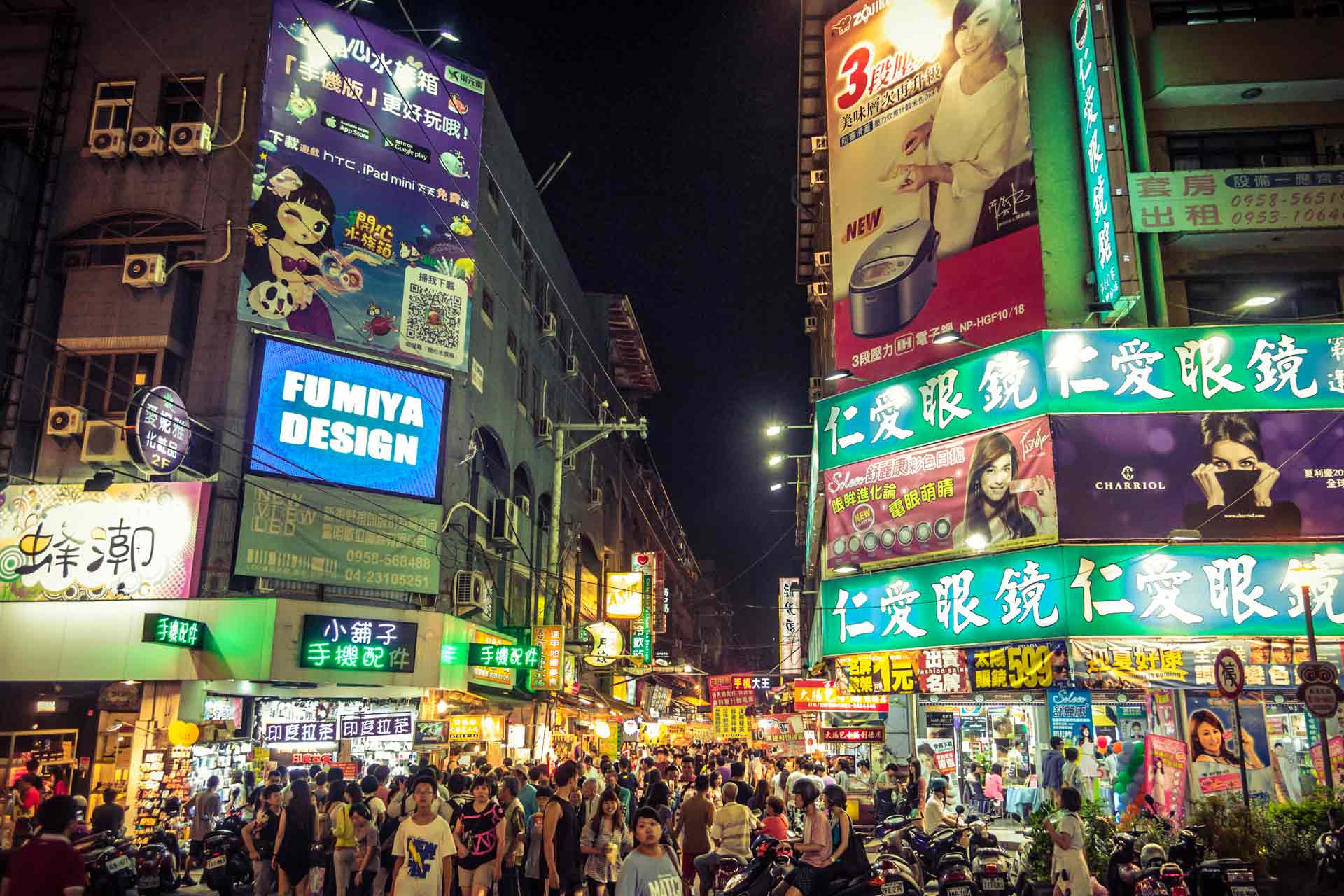Following the discovery of a new form of the coronavirus, investors began selling shares in Asian corporations, according to Bloomberg. The MSCI AC Asean Index Asian market index has dropped more than 4% since Thanksgiving in the United States, when the development of omicron was first reported, according to the agency. It stated that this is a larger decline than in Latin America (2%) during the same period, while the European stock market actually grew marginally.
Investors are overreacting because the Asian market was hit hardest by the previous variant of the delta coronavirus: then share prices of Southeast Asian businesses fell almost 7% in the two months after delta was officially reported, Bloomberg noted. The pandemic in Asia erupted with renewed vigor in the summer due to the emergence of delta and low rates of vaccination against COVID-19 in the region, the agency explained.
Asian markets are also under pressure from fears that China's economic growth will slow and that the US Federal Reserve will raise its key rate earlier than expected, Bloomberg wrote. "Omicron could further delay an economic recovery related to travel and the lifting of restrictions, Alexander Wolf, head of investment strategy at JPMorgan Private Bank in Asia, told Bloomberg.
Given the "number of unknowns and [their] uncertain impact on GDP and policy," he expects equities market volatility in the short future. According to BNP Paribas Asset Management's head of equities in Asia, the development of a new version of the coronavirus poses a danger to a constructive evaluation of Asian markets.
source: bloomberg.com
Investors are overreacting because the Asian market was hit hardest by the previous variant of the delta coronavirus: then share prices of Southeast Asian businesses fell almost 7% in the two months after delta was officially reported, Bloomberg noted. The pandemic in Asia erupted with renewed vigor in the summer due to the emergence of delta and low rates of vaccination against COVID-19 in the region, the agency explained.
Asian markets are also under pressure from fears that China's economic growth will slow and that the US Federal Reserve will raise its key rate earlier than expected, Bloomberg wrote. "Omicron could further delay an economic recovery related to travel and the lifting of restrictions, Alexander Wolf, head of investment strategy at JPMorgan Private Bank in Asia, told Bloomberg.
Given the "number of unknowns and [their] uncertain impact on GDP and policy," he expects equities market volatility in the short future. According to BNP Paribas Asset Management's head of equities in Asia, the development of a new version of the coronavirus poses a danger to a constructive evaluation of Asian markets.
source: bloomberg.com





